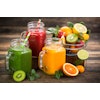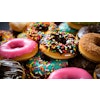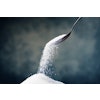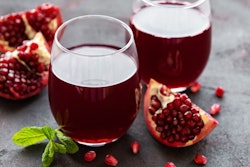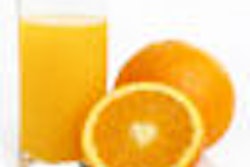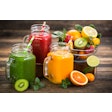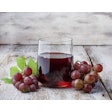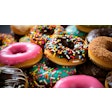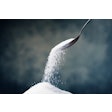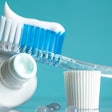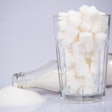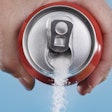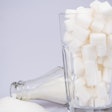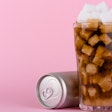Drinking juice may temporarily alter lubrication in the mouth, but it has little lasting effect, highlighting saliva’s dynamic role in protecting enamel and responding to sugar exposure, according to a study recently published in PLoS One.
Further research is needed to understand the long-term effects of juice exposure and its impact on oral health, the authors wrote.
“Our findings show that apple juice consumption … affects lubrication performance immediately but has a limited effect on human saliva’s lubrication properties and viscoelasticity due to its transient effect,” wrote the authors, led by Samina Zaheer of the University of Portsmouth School of Dental, Health, and Care Professions in the U.K. (PLoS One, September 3, 2025).
The study investigated how apple juice influences saliva’s lubricating properties and salivary film compared to water. Researchers used tribological testing (which assesses the friction, wear, and lubrication properties of interacting materials or systems), quartz crystal microbalance with dissipation monitoring (QCM-D), and protein analysis to assess changes, the researchers wrote.
Thirty-two healthy participants, with an average age of approximately 38, were recruited between May and October 2023. Saliva was collected from both the water and apple juice groups at baseline, one minute, and 10 minutes after rinsing. QCM-D was used to monitor the adsorption of saliva and the effect of juice on the salivary pellicle in real time.
A one-minute rinse with either water or apple juice reduced salivary lubrication, with water showing a stronger effect (p < 0.05). Within 10 minutes of consuming juice, there was a 50% reduction in friction and a close return to baseline unstimulated saliva levels (p > 0.05), which confirmed the transient, delubricating nature of apple juice, the researchers wrote.
Also, QCM-D showed that apple juice temporarily converted the salivary film into a rigid layer, which was reversed after a buffer was introduced. Total protein concentration decreased significantly after one minute with water, while apple juice took 10 minutes to show a similar reduction.
The study had limitations. Though consuming juice diluted the system, assessing saliva viscosity remains an important focus for future research, the authors added.
“The study suggests that the consumption of beverages such as apple juice can affect oral health transiently, warranting further research to explore the long-term repeat exposure effects in detail, and their implications for maintaining oral health,” they concluded.

